Luke started his gospel by stating that many people began writing accounts about what they observed. I believe they wanted everyone to read what God did through Jesus, the Word.
Luke, however, went beyond writing about isolated events. He investigated the Lord’s entire life. But he didn’t stop there; he continued by including the start-up of the early church.
Having carefully investigated everything from the beginning, I also have decided to write an accurate account for you, most honorable Theophilus. Luke 1:3
Many men and women followed Jesus when he walked on the earth. We don’t know how many. But we do know that Jesus showed Himself to over 500 people after His resurrection.
After that, he was seen by more than 500 of his followers at one time, most of whom are still alive, though some have died. 1 Corinthians 15:6
Out of those who followed Him, Jesus chose twelve apostles. Luke’s name, however, didn’t appear on that list of men who became the Lord’s students.
At daybreak he called together all of his disciples and chose twelve of them to be apostles. Luke 6:13
We don’t know if Luke personally knew or even followed Jesus during the Lord’s time on earth. While a physician by profession, he committed himself to learning about the life of Christ.
As he stated, he wanted to accurately report the facts about Jesus to his friend, Theophilus. He didn’t stop there, though. His investigation led him to the beginning of the church as well.
Old-time Radio announcer Paul Harvey would have said something like, “Page two,” or “Now for the rest of the story.” Luke continued with his second book, Acts of the Apostles.
Luke Also Wrote the Book of Acts
This book starts with Jesus’ final words to His apostles, His ascension, and the spreading of the gospel. It also followed the missionary journeys and the conclusion of Paul’s ministry.
Luke’s investigative reporting took a turn when he became a participating reporter. This change occurred in the middle of the sixteenth chapter of Acts.
His style changed from writing in the third person (he or they) to writing in the first person (we). This change occurred because he began living the word while writing it.
We can follow this same practice but with one difference. We can also live the word of God, not by writing it but when we read it. So, how do we stay motivated to read the Word of God?
God included motivating factors within His Word for us to read. The more we study it, the more we will want to pattern our lives after Jesus. Look at what the Apostle John wrote in His gospel.
If you love me, obey my commandments. John 14:15 You are my friends if you do what I command. John 15:14
Jesus made these two statements to steer His followers in the direction He wants them to walk. Religious people (those who don’t know Christ) relate those statements to following the law.
They conclude that their lives are right where God wants them. Why? They haven’t killed anyone, they don’t steal, and they do their best to keep all ten of the commandments.
Love, Read About it in the Word of God
Those who know Jesus understand the commandments He spoke about. When you read the Word of God, you can clearly see that Jesus’ commands revolve around love.
Jesus replied, ” ‘You must love the Lord your God with all your heart, all your soul, and all your mind.’ This is the first and greatest commandment. A second is equally important: ‘Love your neighbor as yourself.’ Matthew 22:37-30
In the next verse, He explained why we only need to keep those two commandments. He said all of the law and the demands of the prophets are based on those two commandments.
Before you get the idea that we don’t need the Old Testament law, hold on just a minute. We do need it for the times when we step outside of the boundaries set in the New Testament.
The old law then becomes a schoolmaster that helps us get back on the right track. The Old Testament also contains history, poetic expressions of worship, and prophetic writings.
On the other hand, the New Testament writings start with the life and teachings of Jesus. We can also read about the early church and what God says about the end times.
But the epistles make up the bulk of the New Testament. God included them in His Word so Christians could read and learn how to maintain lives pleasing to Him.
Many Christians today, though, have a hard time opening the Bible. For some, the only Bible they get comes when they attend church on a Sunday morning. Hopefully, you don’t fit that bill.
If so, I’m sure you have good intentions. And you want to get into the Word, but it just doesn’t happen for whatever reason. We must maintain a close relationship with the Lord.
Don’t Get Yourself in Spiritual Trouble
If we don’t, we will get ourselves into spiritual trouble. Therefore, read the Word of God. When you do, you can get to know Jesus instead of just knowing about Him.
I believe that God might have a word for you if you read the following journal entry. In The End Time Who Will Harvest You?
What Luke did for Theophilus should also inspire us as well. We can read and investigate the Word of God to help other Christians learn the truth of the gospel.
Get motivated to read and study the Word of God. If not for yourself, then why don’t you do it for a friend? That is what discipleship is all about!
Dear God, give us more of a desire to read and investigate your Word. Holy Spirit, plant your Word deep into our hearts so we can be more like Jesus.
This is an updated edition of a post originally published on Christian Perspectives
Featured Image by StockSnap from Pixabay




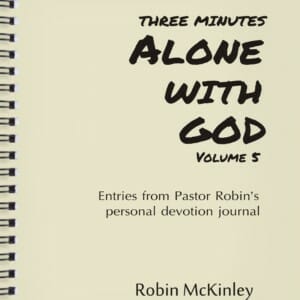
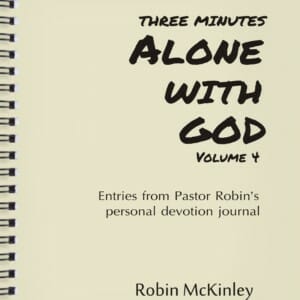
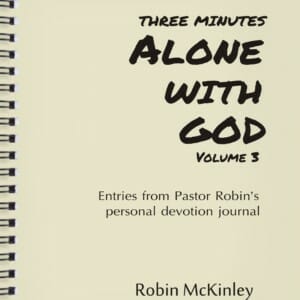
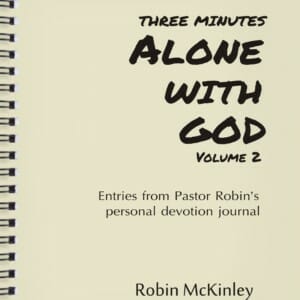
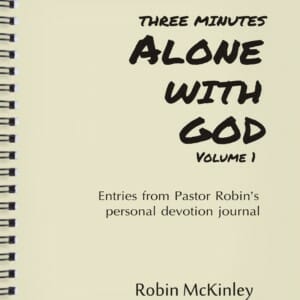



Comments are closed.